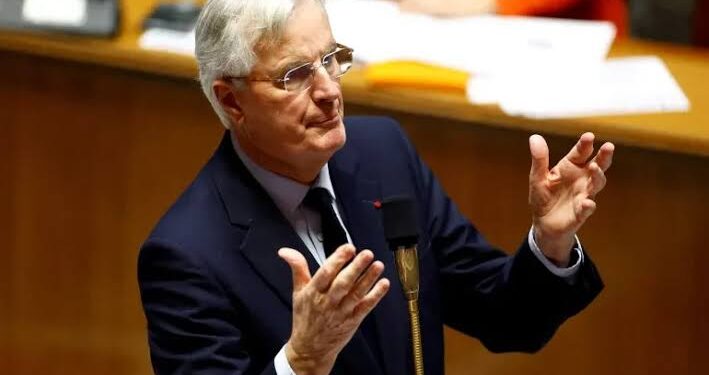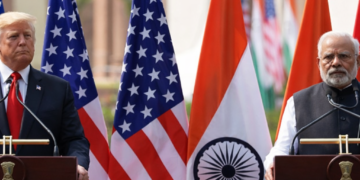French Prime Minister Michel Barnier was ousted from office after losing a no-confidence vote in parliament. A total of 331 lawmakers from a coalition of left and far-right parties voted to remove him, making Barnier the first French PM to lose a no-confidence vote since 1962.
This dramatic event comes just three months after President Emmanuel Macron appointed him to resolve a political deadlock caused by a hung parliament following snap elections.
Controversial Leadership and Criticisms
Barnier’s tenure as prime minister was marred by controversy. His use of special powers to push through a budget without parliamentary approval sparked outrage across the political spectrum. Critics labeled his leadership style authoritarian, with far-right leader Marine Le Pen describing the budget as “toxic” and far-left leader Jean-Luc Mélenchon calling Barnier’s downfall “inevitable.”

Mathilde Panot, leader of the left-wing France Unbowed (LFI) party, declared the no-confidence vote a “historic day,” celebrating the defeat of what she called a “violent budget.” Panot also escalated calls for early presidential elections, targeting President Macron as the next to go.
Why This Matters
The ousting of Barnier underscores the deep political divisions and instability within France. This is particularly concerning as the country faces critical economic challenges, including the need for fiscal reform and budget reductions.
Barnier’s removal not only disrupts governance but also signals a potentially dangerous precedent of recurrent no-confidence votes. This could further weaken France’s ability to address its economic and social crises effectively.
Political Turmoil and an Uncertain Future
The political fallout has left France in a precarious position. Barnier’s removal exposes the fragility of the government, with commentators like Nicolas Beytout warning of a vicious cycle of political instability. According to Beytout, any successor to Barnier will face the same obstacles: a lack of time, majority support, and resolve to implement unpopular but necessary economic reforms.
This pattern could lead to more no-confidence motions and government collapses, bringing France closer to what Beytout describes as an “economic abyss.” Only when faced with dire consequences, he argues, will voters and political parties accept the tough decisions required to stabilize the nation.
What’s Next for France?
President Macron is expected to address the nation on Thursday evening to outline a path forward. Barnier will tender his resignation tomorrow morning, though he may remain in a caretaker role until Macron appoints a successor. However, finding a leader who can navigate the fractured parliament and implement meaningful reforms remains a daunting challenge.
The Bottom Line
The ousting of Michel Barnier highlights the deep-seated political and economic challenges facing France. As instability continues to mount, the government must urgently find a path toward unity and reform. Without decisive leadership and consensus, the country risks sliding further into political chaos and economic stagnation.

















